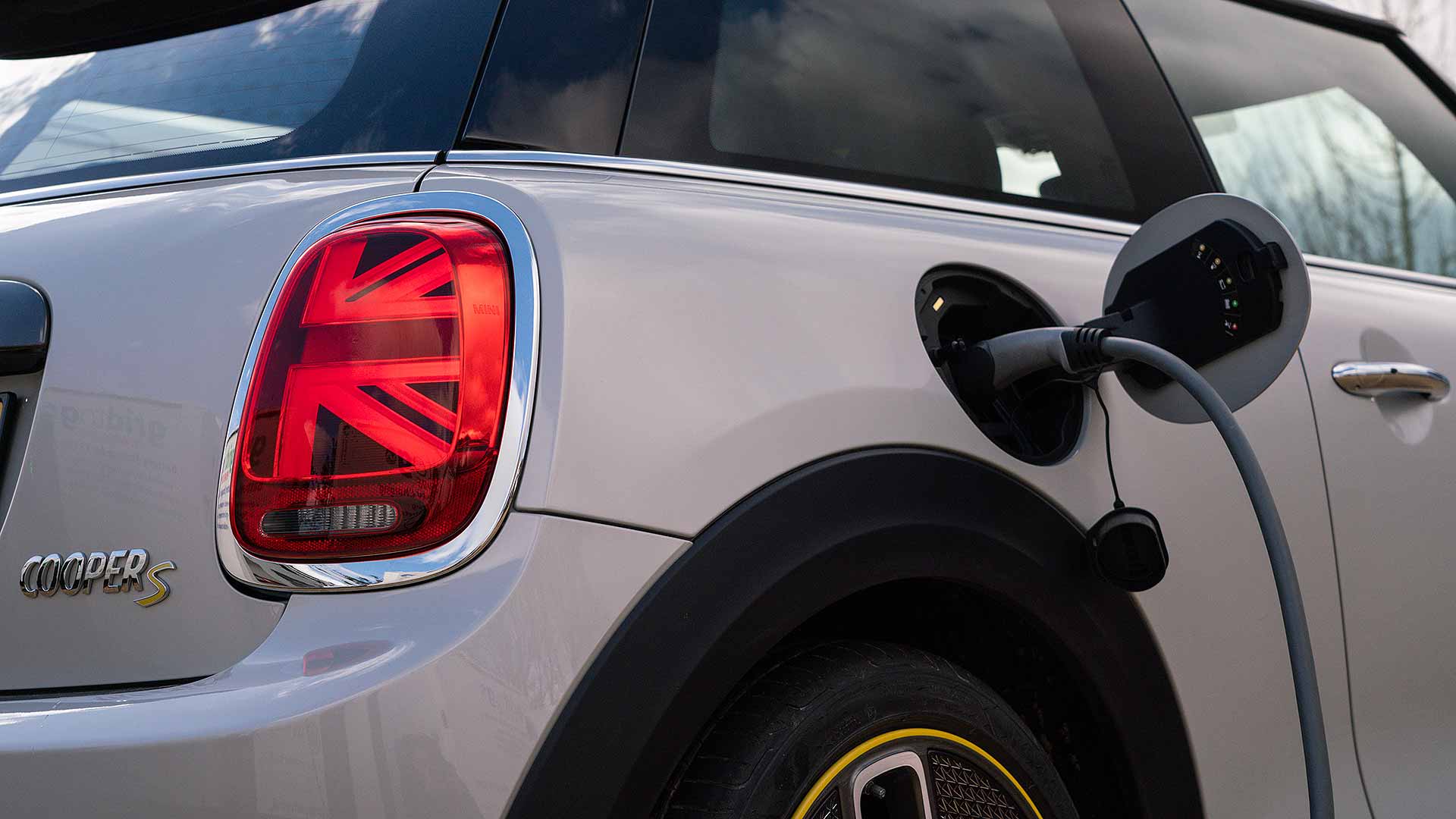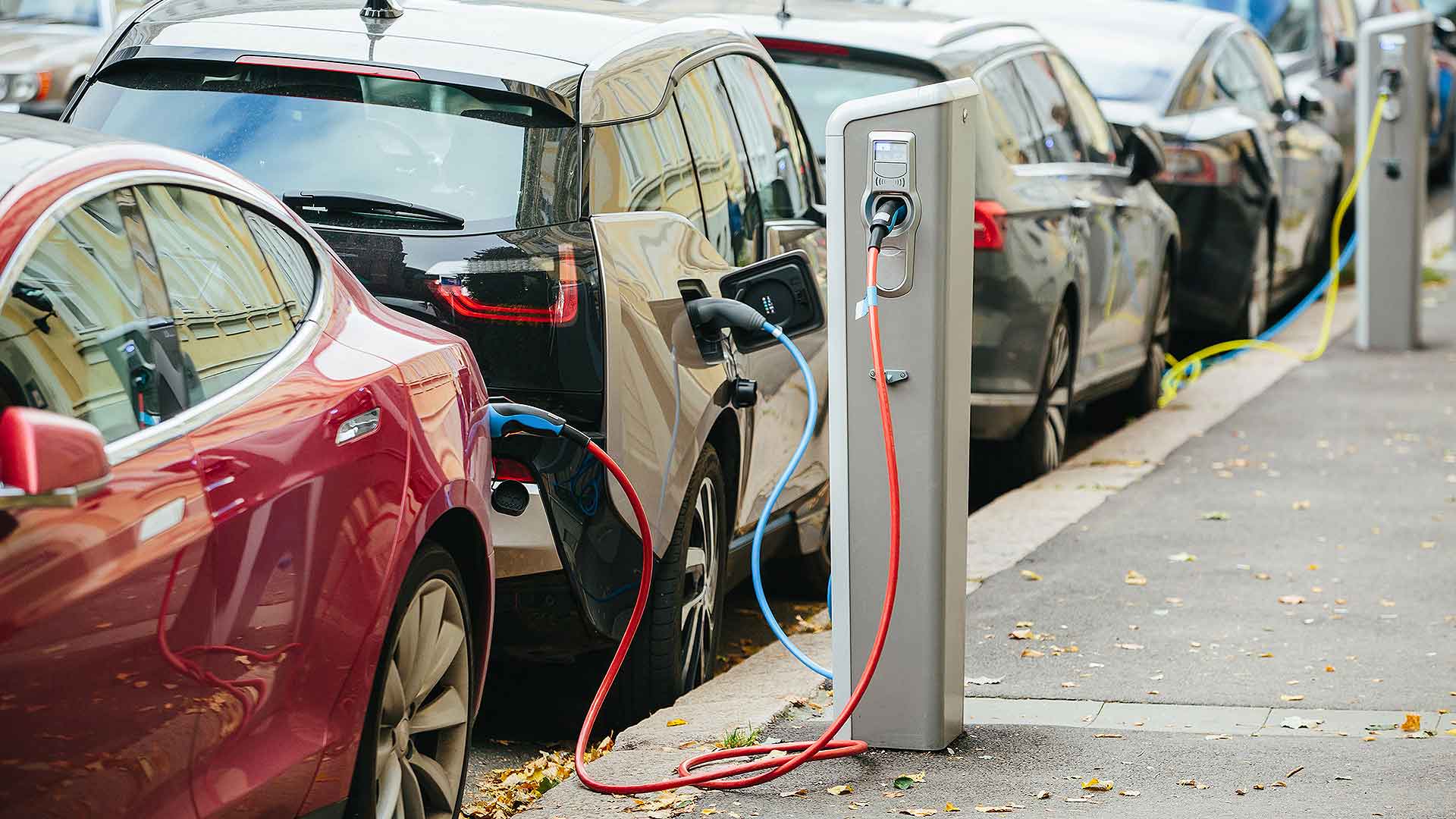
Electric cars are less emission-intensive than their fossil fuel counterparts in the majority of countries. That’s according to scientists from the universities of Exeter, Nijmegen and Cambridge.
They found that in 95 percent of the world, driving an electric car is better for the climate than a conventional petrol car. It divided the world into 59 regions to account for differences in power generation and technology.
In 53 of these regions – including the whole of Europe, the U.S. and China – they found that electric cars and heat pumps are less emission-intensive. These 53 regions represent 95 percent of global transport and heating demand.
Some studies have questioned the effectiveness of electric cars in the challenge to reduce carbon emissions. Detractors have pointed to the energy consumed during electric vehicle production, along with the electricity used during recharging.
However, Dr Jean-Francois Mercure at the University of Exeter, said that the “last few debatable cases will soon disappear”.
The study projects that by 2050, every second car could be electric, helping to reduce CO2 emissions by up to 1.5 gigatons per year. This is the equivalent to the CO2 emissions of Russia.
It also claims that average lifetime emissions from electric cars are up to 70 percent lower than petrol in countries like Sweden and France, where most electricity is sourced from renewables and nuclear. In the UK, emissions from electric cars are 30 percent lower.
‘We should choose electric cars’

Dr Mercure said: “We started this work a few years ago, and policy-makers in the UK and abroad have shown a lot of interest in the results. The answer is clear: to reduce carbon emissions, we should choose electric cars and household heat pumps over fossil-fuel alternatives.
The lead author of the study, the University of Nijmegen’s Dr Florian Knobloch, added: “In other words, the idea that electric vehicles or electric heat pumps could increase emissions is essentially a myth. We’ve seen a lot of discussion about this recently, with lots of disinformation going around.
“Here is a definitive study that can dispel those myths. We have run the numbers for all around the world, looking at a whole range of cars and heating systems.
“Even in our worst-case scenario, there would be a reduction in emissions in almost all cases. This insight should be very useful for policy-makers.“
Switch to electric ‘without any regrets’

The electric car industry still faces many challenges if it’s to meet the study’s 2050 forecast. Many consumers perceive electric cars to be too expensive, although the launch of new EVs in 2020 will help to improve matters. There’s also the ongoing issue of range anxiety and a required shift in attitudes, not to mention the short- to medium-term effect of the coronavirus.
“Taking into account emissions from manufacturing and ongoing energy use, it’s clear that we should encourage the switch to electric cars and household heat pumps without any regrets,” Dr Knobloch concluded.
The paper published in Nature Sustainability can be accessed here.
ALSO READ
Ford Peace of Mind offer gives cashback to new car buyers
Britain has newer cars than every EU country – apart from one